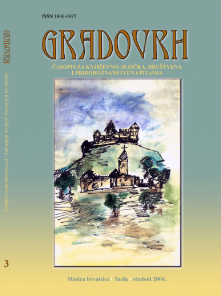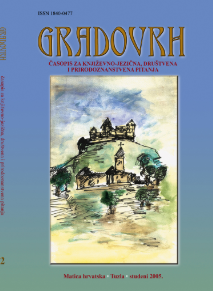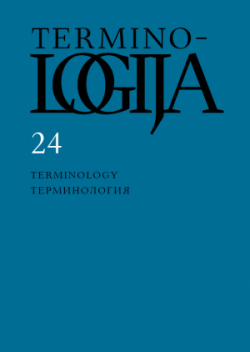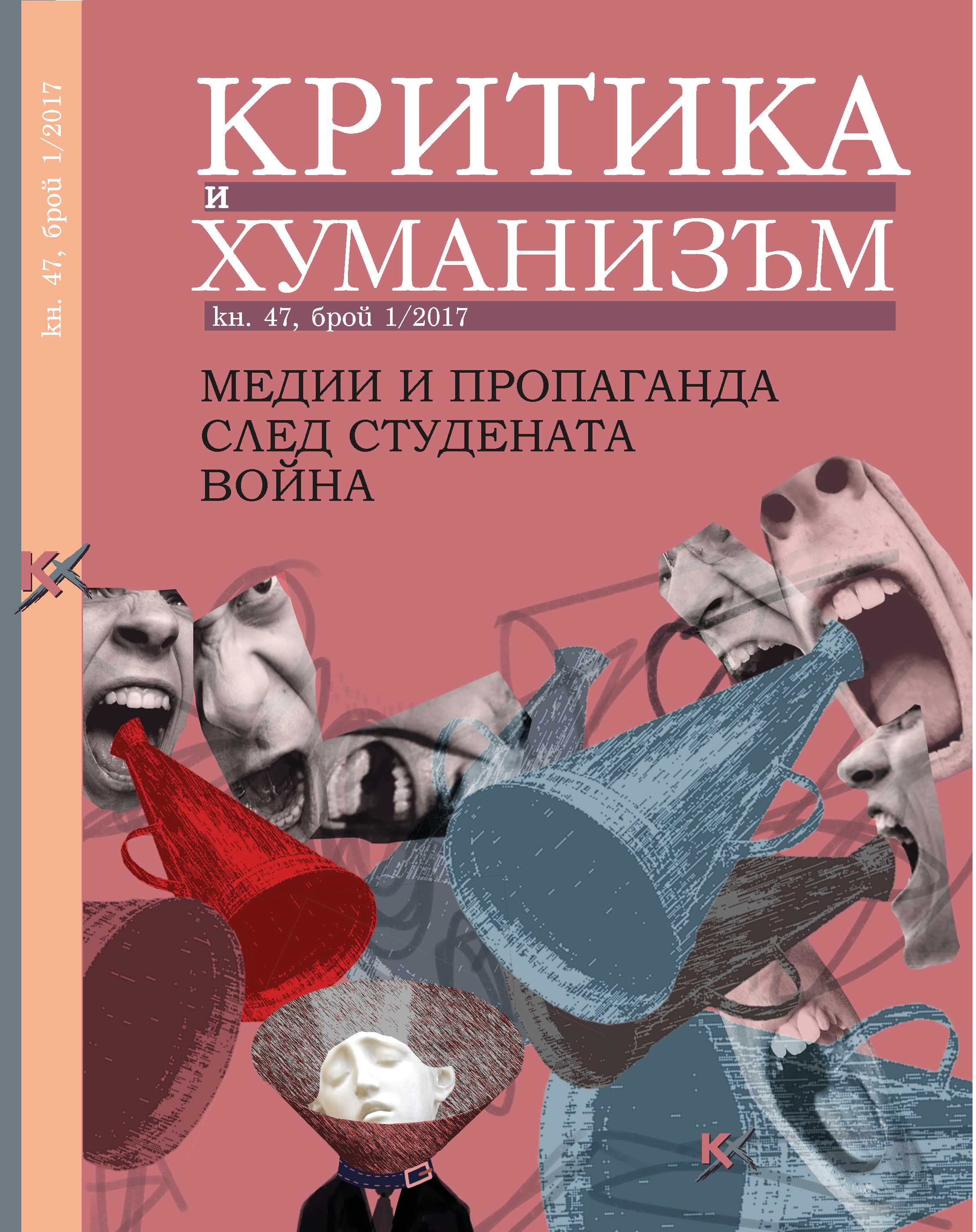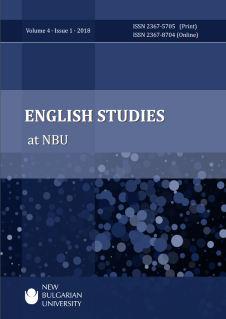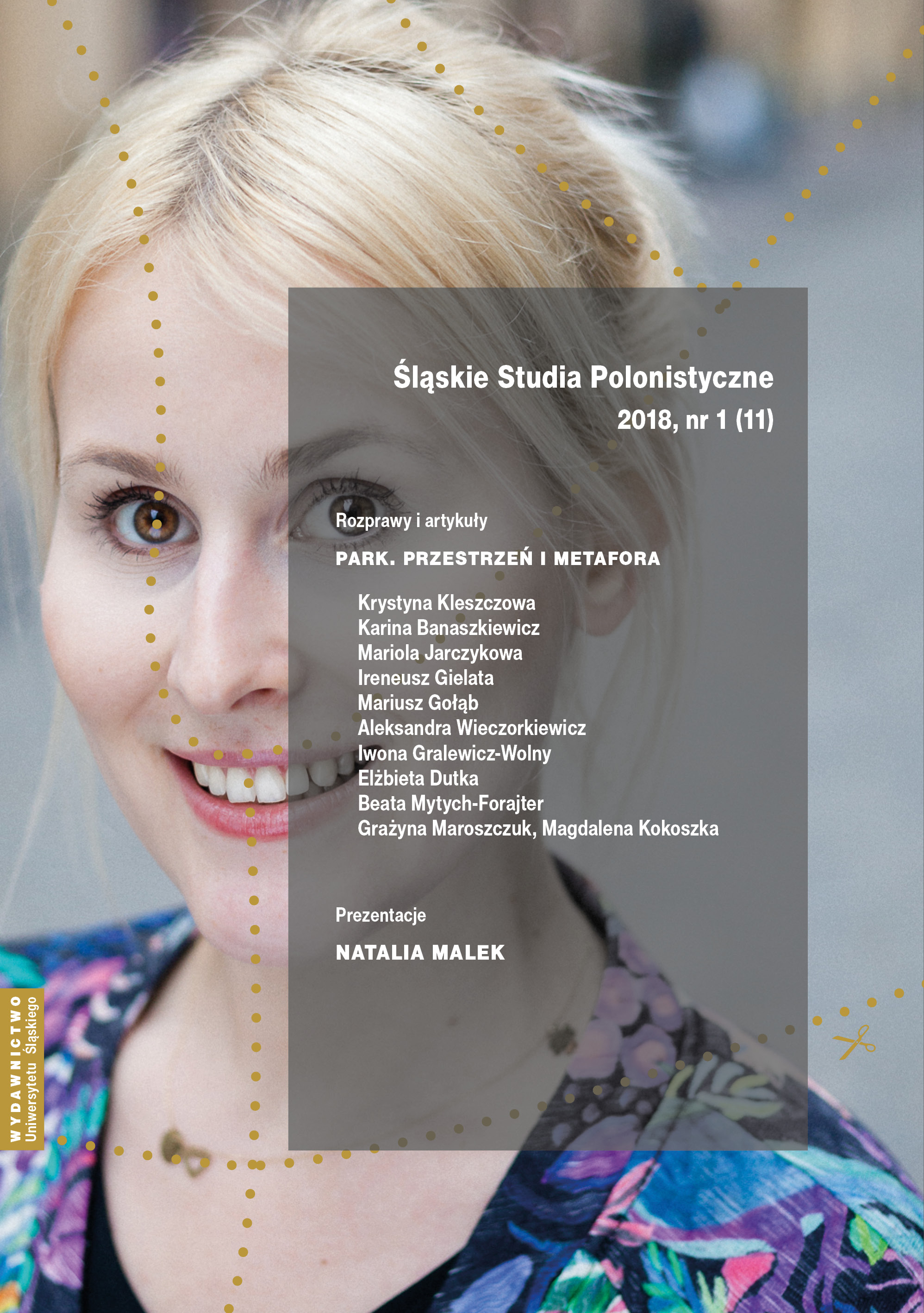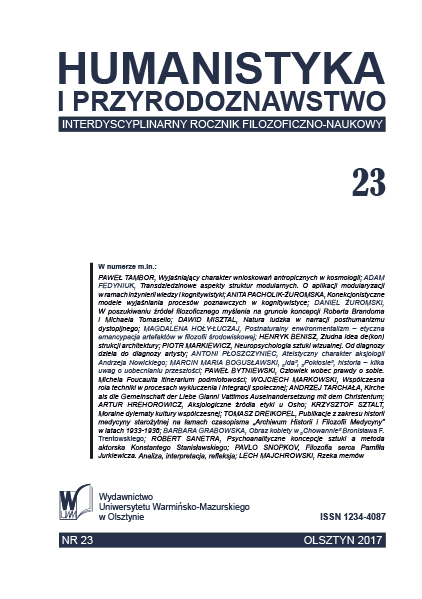
Publikacje z zakresu historii medycyny starożytnej na łamach czasopisma „Archiwum Historii i Filozofii Medycyny” w latach 1933–1938
Celem opracowania jest zwrócenie uwagi na prace, które ukazały się drukiem w latach 30. XX w. na łamach „Archiwum Historii i Filozofii Medycyny” i dotyczyły dziejów medycyny antycznej. Inicjatorem takiej tematyki badawczej był założyciel i długoletni redaktor tego periodyku Adam Wrzosek (1875–1965), wówczas profesor historii i filozofii medycyny Uniwersytetu w Poznaniu. W kierowanym przez niego zakładzie powstało pierwsze opracowanie: Poglądy Hippokratesa na etykę lekarską (1933). Staraniom prof. Wrzoska, który zaproponował współpracę pracującemu na tej samej uczelni prof. Witoldowi Klingerowi (1875–1962), filologowi klasycznemu, zawdzięczamy publikację na łamach „Archiwum” dwóch znakomitych przekładów oryginalnych tekstów Hippokratesa oraz Galena. Należy podkreślić, że tematyka wspomnianego powyżej artykułu i tekstów źródłowych pozostawała w ścisłym związku z potrzebą kształtowania etosu lekarza doskonałego jako osoby czystej moralnie, która korzysta z posiadanej wiedzy, mając na uwadze w największym stopniu szeroko pojęte dobro każdego pacjenta.
More...
